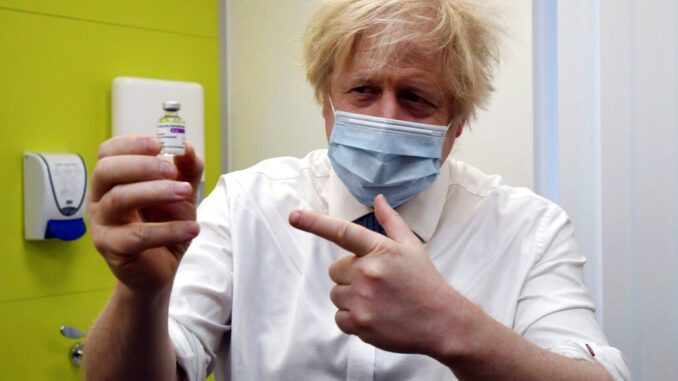
The World Health Organization has granted an emergency authorization to the coronavirus vaccine made by AstraZeneca and Oxford University, a move that should allow the company’s partners to ship millions of doses to countries worldwide as part of a U.N.-backed program to tame the pandemic.
In a statement Monday, the U.N. health agency said it was authorizing the AstraZeneca vaccines made by the Serum Institute of India and South Korea’s AstraZeneca-SKBio.
WHO’s green light for the AstraZeneca vaccine should trigger the delivery of hundreds of millions of doses to countries that have signed up for the U.N.-backed COVAX effort, which aims to deliver vaccines to the world’s most vulnerable.
“Countries with no access to vaccines to date will finally be able to start vaccinating their health workers and populations at risk,” said Dr Mariângela Simão, WHO’s Assistant-Director General for Access to Medicines and Health Products.
Although WHO does not approve or regulate vaccines, it assesses their safety and effectiveness for developing countries that don’t have a strong regulatory system.
Last week, its group of vaccine experts recommended the use of the AstraZeneca vaccine for people over age 18, including in countries that have detected variants of COVID-19.
WHO’s advice largely mirrored guidance previously issued by Britain’s drug regulator and the European Medicines Agency.
The coronavirus pandemic has infected about 109 million people worldwide and killed at least 2.4 million.

